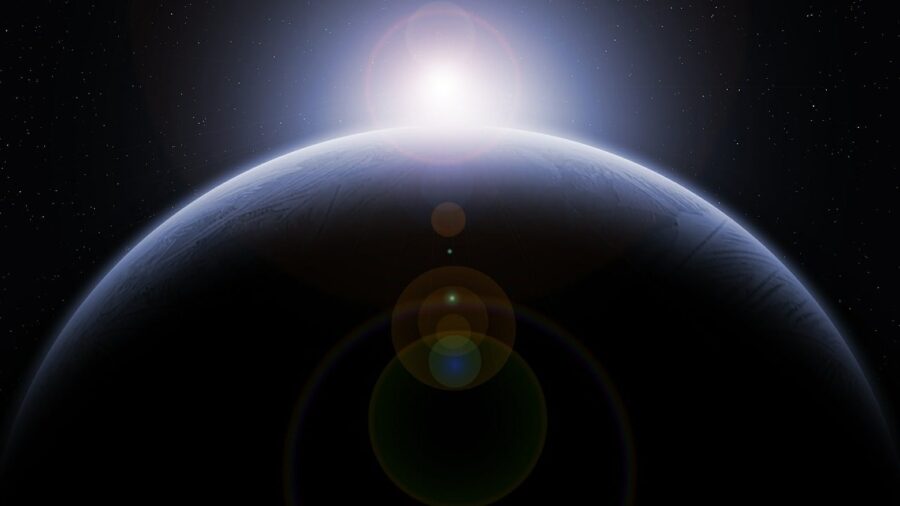China And Pakistan Teaming For Moon Base

China has joined forces with Pakistan to establish a lunar research station on the Moon’s South Pole, according to reports from SAMAA. The Moon base partnership was made official with the signing of a comprehensive cooperation agreement in Beijing, with the presence of Pakistan’s Caretaker Prime Minister Anwar ul Haq Kakar and Chinese Premier Li Qiang, Samaa TV reports.
China has been actively expanding its space exploration efforts and has already garnered cooperation from Russia, Venezuela, and South Africa. In its pursuit of reaching the Moon and developing a base, China hopes to land its astronauts on lunar soil by the end of this decade, marking a significant milestone in human spaceflight history.
The Moon base collaboration between China and Pakistan highlights their shared commitment to space exploration and emphasizes the importance of global cooperation in furthering our understanding of the universe.
The timeline for constructing the Moon base coincides with NASA’s ambitious Artemis program, which aims to put American astronauts back on the Moon by December 2025. China’s upcoming Cheng E6 lunar mission, slated to launch in the first half of 2024, adds to the excitement. This mission is gaining international attention not only for its lunar objectives but also for its inclusive approach.
France, Italy, and the European Space Agency (ESA) are just a few of the key players contributing to the Cheng E6 lunar mission. French equipment will be used to test for radioactive gas, while the ESA’s Negative Ion Detector and Italy’s Valle Brett Radar System will also hitch a ride to the Moon. However, of exceptional significance is Pakistan’s CubeSat satellite, which is set to orbit the Moon.

The satellite marks a significant milestone for Pakistan’s space program, positioning the nation as a valued contributor to lunar exploration. The Moon base collaboration between China and Pakistan highlights their shared commitment to space exploration and emphasizes the importance of global cooperation in furthering our understanding of the universe.
The 2023 Moon Race
While no country has a permanent Moon base, there have been several space-related endeavors in 2023. India landed a spacecraft on the Moon in the lunar South Pole region earlier this year. The Indian Space Research Organization (ISRO) aims to study the temperature of the lunar surface, lunar seismic activity, the chemical composition of rocks and soil, and any variation in the Moon’s thin atmosphere.
Japan, The United Arab Emirates, and South Korea plan to send a mission to the Moon in 2024, though they have no plans to establish a permanent base. Russia hopes to develop a Moon base with China by 2035. The country also launched the Luna 25 spacecraft in 2023, which crashed into the lunar surface.
Only seven countries have successfully landed spacecraft on the Moon.
Meanwhile, the United States aims to set up a crewed outpost near the Moon’s South Pole, calling it “our first foothold on the lunar frontier.” NASA plans to use the Space X Starship for the Moon base-adjacent mission. NASA’s Artemis I mission recently made a lunar orbit, with the Artemis III mission due to launch in 2025 or 2026.
Interestingly, only seven countries have successfully landed spacecraft on the Moon. These countries are The United States (the only country to have successfully landed humans on the Moon, which it did six times from 1967 to 1972), the Soviet Union/Russia, China, India, Japan, Israel, and Luxembourg. Other countries have conducted similar missions but did not successfully land on the Moon.












